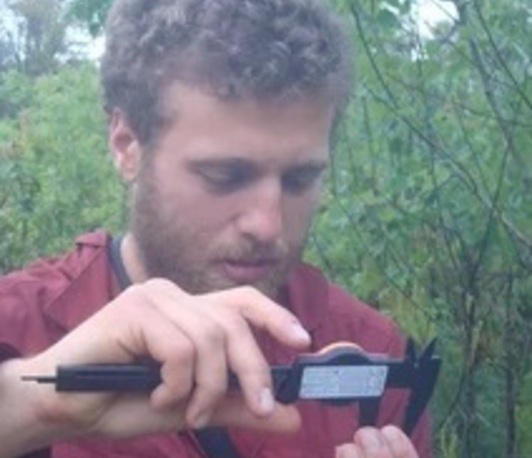Social mechanisms underlying group-level vocal signatures in captive and wild parrots
Doctoral defense by Stephen Tyndell, supervised by Lucy Aplin
- Date: Oct 30, 2024
- Time: 03:00 PM - 05:30 PM (Local Time Germany)
- Speaker: Stephen Tyndell
- Location: University of Konstanz
- Room: P603

Geographic differences in vocalisations provide strong evidence for animal culture, with patterns likely arising from generations of social learning and transmission. The current knowledge on the evolution of vocal variation has predominantly focused on fixed repertoire, territorial song in passerine birds. The study of vocal communication in open-ended learners and in contexts where vocalisations serve other functions is therefore necessary for a more comprehensive understanding of vocal dialect evolution. Parrots are open-ended vocal production learners that use vocalisations for social contact and coordination. Geographic variation in parrot vocalisations typically take the form of either distinct regional variations known as dialects or graded variation based on geographic distance known as clinal variation. In this study, we recorded monk parakeets (Myiopsitta monachus) across multiple spatial scales (i.e. parks and cities) in their European invasive range. We then compared calls using a multi-level Bayesian model and sensitivity analysis, with this novel approach allowing us to explicitly compare vocalisations at multiple spatial scales. We found support for founder effects and/or cultural drift at the city level, consistent with passive cultural processes leading to large-scale dialect differences. We did not find a strong signal for dialect or clinal differences between parks within cities, suggesting that birds did not actively converge on a group level signal, as expected under the group-membership hypothesis. We demonstrate the robustness of our findings and offer an explanation that unifies the results of prior monk parakeet vocalization studies.